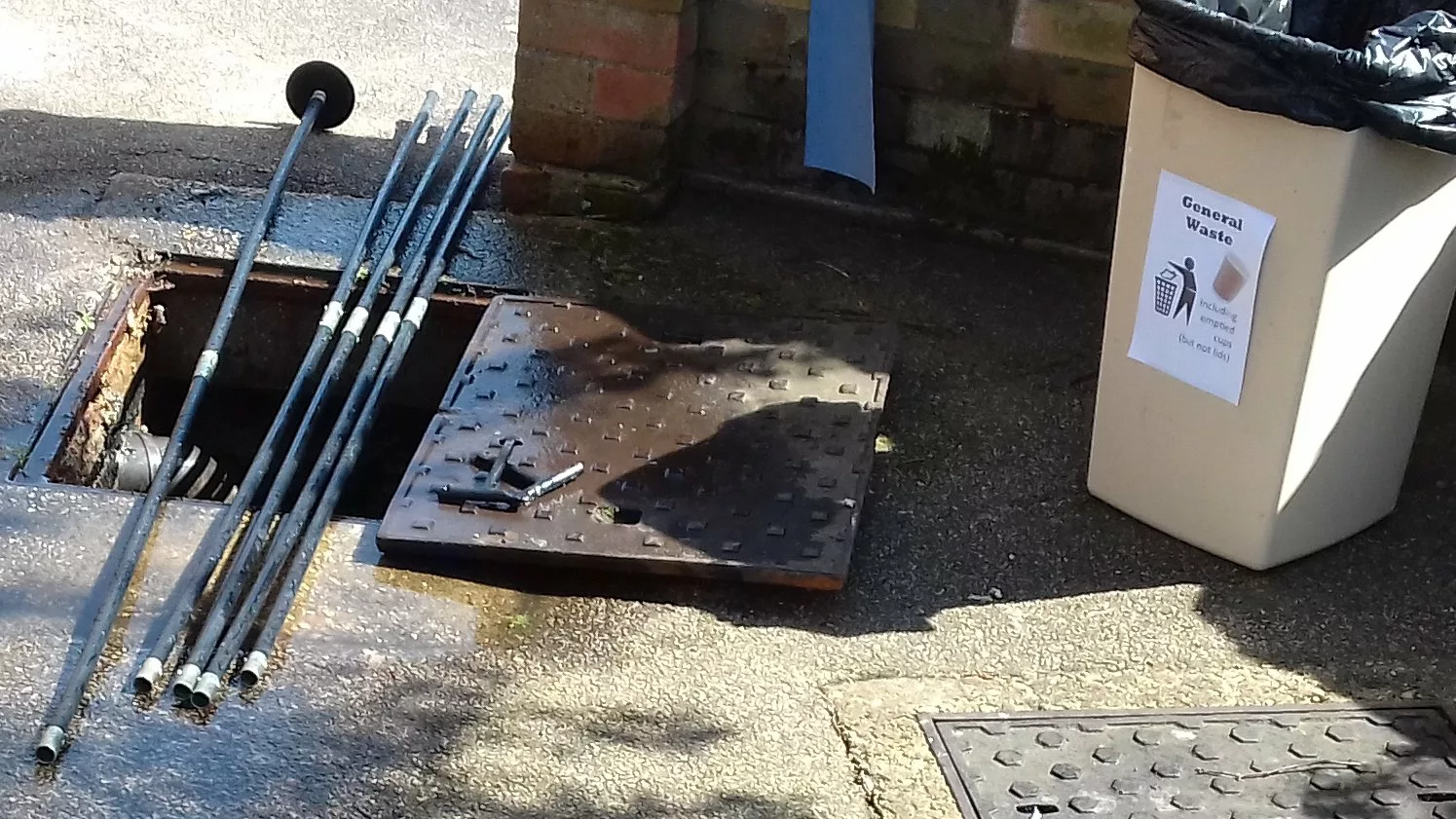|
Getting your Trinity Audio player ready...
|
Today, June 5th, marks World Environment Day – an annual event established by the United Nations to encourage awareness and action for the protection of the environment. This year’s World Environment Day campaign focuses on land restoration, desertification, and drought resilience under the slogan “Our land. Our future. While global issues like climate change, pollution, and biodiversity loss can often feel overwhelming, the truth is that the actions we take as individuals can have a real impact. World Environment Day is a poignant reminder that cleaning up our environment truly starts with each of us.
Have you ever walked down your street and been disheartened by the sight of litter, debris, and general untidiness? It’s a common problem that can make even the nicest neighborhoods feel neglected and unloved. But the solution lies not with someone else, but with us – the members of the community.
Organizing regular neighborhood cleanups is a simple yet powerful way to take pride in our shared spaces and keep them looking their best. When we work together to pick up trash, pull weeds, and spruce up common areas, it sends a message that we care about where we live.
Beyond just appearances, community cleanups provide important environmental benefits as well. Removing litter prevents it from ending up in waterways and harming local wildlife. Cleaning up overgrown areas reduces fire hazards and the spread of invasive species. And collecting recyclables keeps valuable materials out of landfills.
The positive impact goes even further – studies show that clean, well-kept neighborhoods are associated with reduced crime, increased property values, and a greater sense of community belonging among residents. When we invest time and effort into our surroundings, it has a meaningful effect on our overall quality of life.
“We all have a role to play in protecting our planet,” said environmental activist Wellington Madumira coordinator of Climate Action Network Zimbabwe. “Whether it’s reducing waste, conserving water, or advocating for sustainable policies, the change we want to see has to begin at the personal level.”
Some simple steps everyone can take include:
- Cutting back on food waste by meal
- planning and composting scraps,
- Reducing single-use plastics by bringing reusable bags, bottles, and containers
- Conserving energy at home by turning off lights and electronics when not in use,
- Supporting local, organic, and sustainable products and businesses,
- Picking up litter in your community and participating in neighborhood cleanups
“The great thing is, these aren’t just good for the environment – they can also save you money and make your life a little bit easier,” added Mr Madumira. “Taking care of our planet doesn’t have to be a chore, it can be an opportunity to live more mindfully and conscientiously.”
Our local environments – the neighborhoods, streets, and natural spaces we interact with daily – play a vital role in our health and quality of life. One important way we can all contribute to a cleaner, safer environment is by properly maintaining key infrastructure like drainage systems and our own rooftops. Taking just a little time each season can make a big difference.
Clogged drains and backed-up storm sewers don’t just cause localized flooding – they can also lead to broader environmental issues. When water can’t properly drain, it can stagnate and become a breeding ground for mosquitoes. Debris and pollutants swept into drains also end up in nearby waterways, harming aquatic ecosystems.
To keep your local drainage working well there is a need to regularly clear leaves, sticks, and other debris from storm drains and drainage grates near your home. If you have a rain garden or other drainage features on your property, make sure they are free of blockages. Report any major drain clogs or flooding issues to your local public works department. Your rooftop and gutters play a big role in directing rainwater away from your home’s foundation and into the broader drainage system. Clogged or damaged gutters can cause water to pool around your home, leading to moisture problems and even structural damage over time.
There is a need to clean out gutters at least once or twice a year to remove leaves, twigs, and other buildup. Inspect your roof for missing, cracked, or damaged shingles and have them repaired. Consider installing gutter guards to minimize the amount of debris that collects.
By these simple steps of maintaining drainage infrastructure and your rooftop, you can play a big role in keeping your local environment healthy and resilient. A little seasonal maintenance now and then can prevent much bigger problems down the road.
World Environment Day is a chance to reflect on the small but powerful actions we can all take to heal our shared home. By making eco-friendly choices in our daily lives, we can each do our part to create a cleaner, greener, and more sustainable future.






